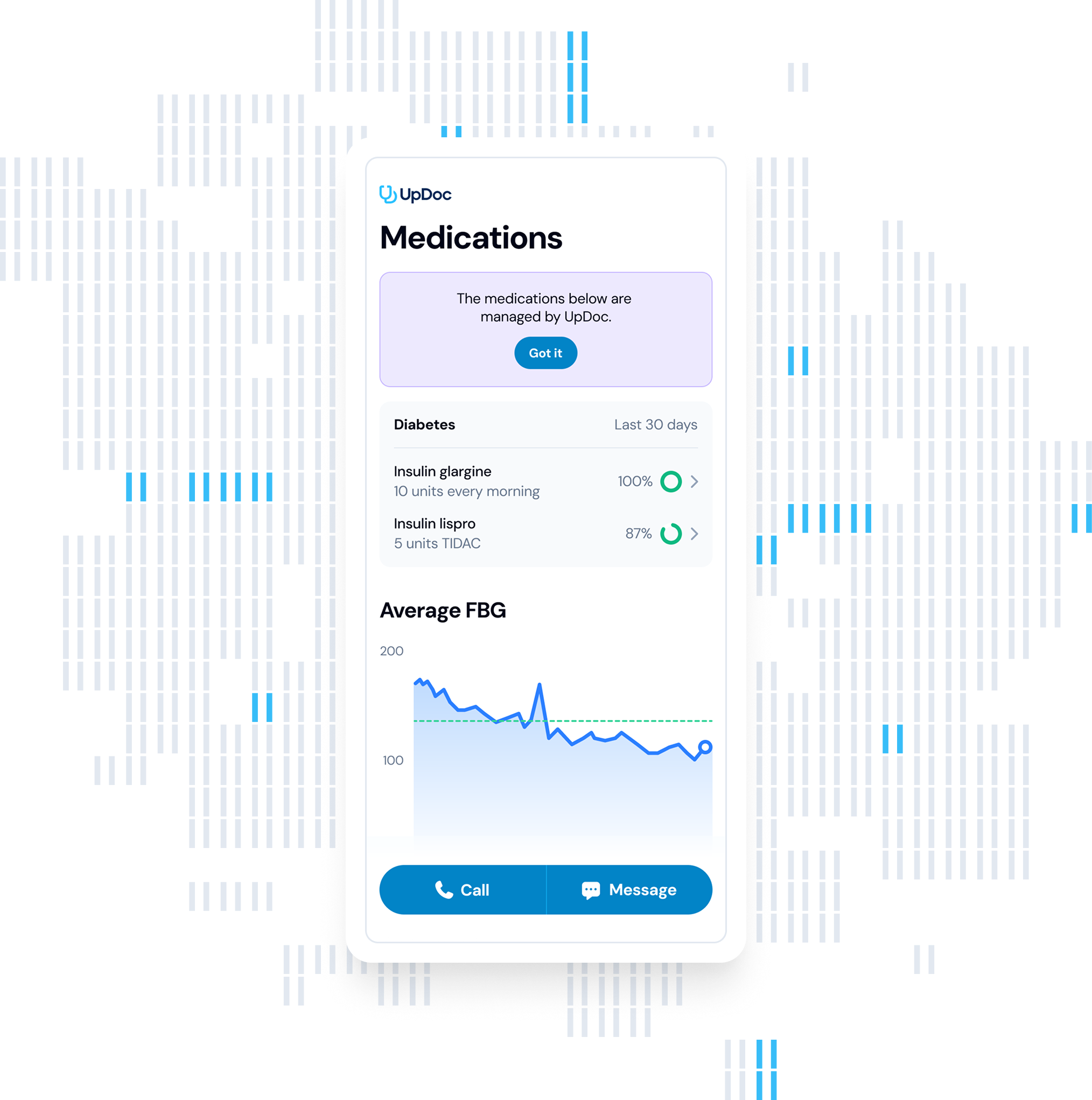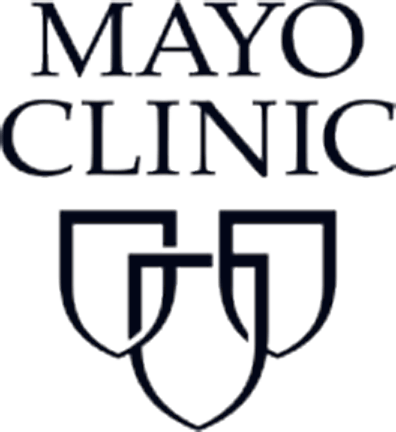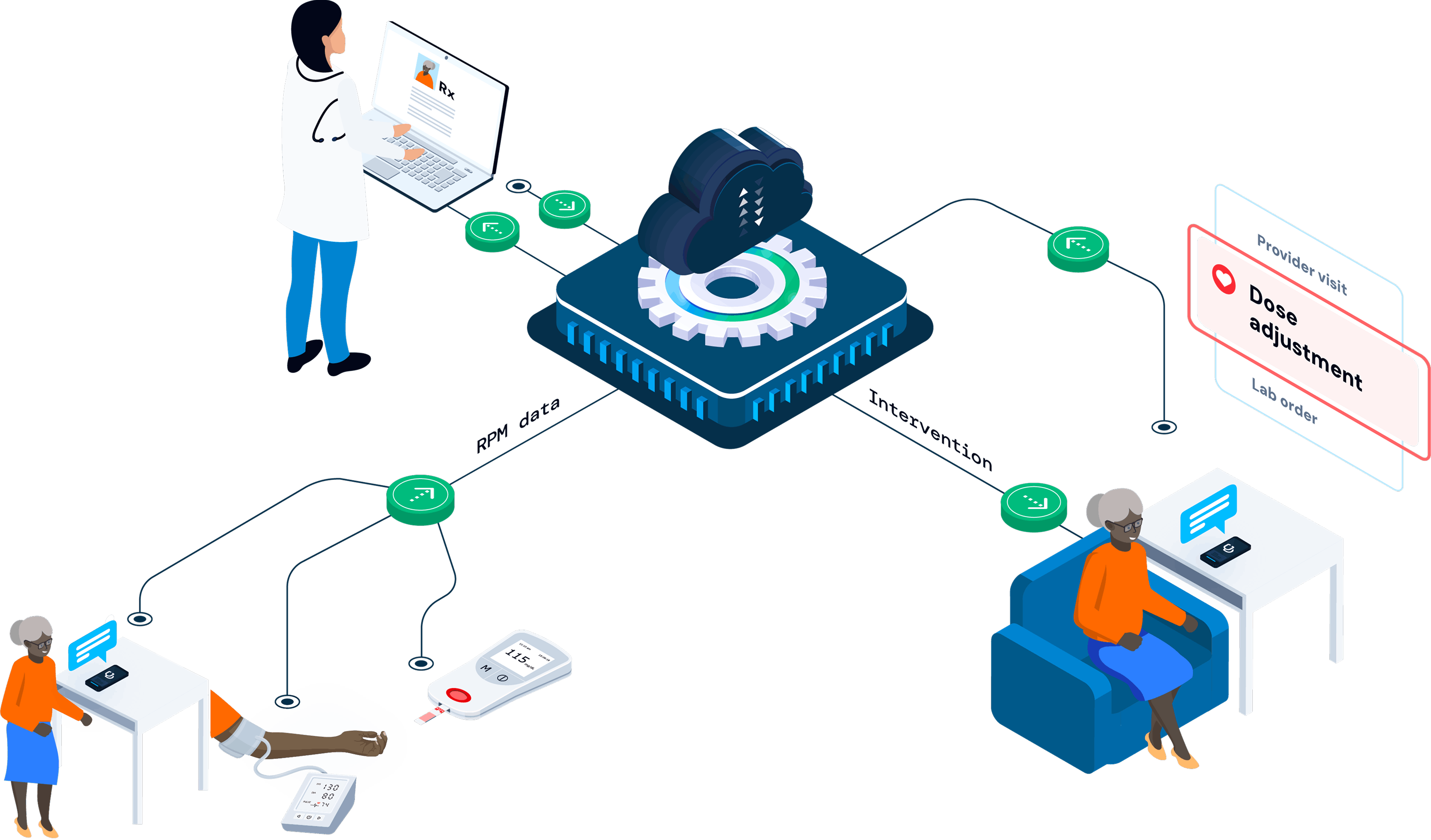A new era of AI-powered care
Pioneering Remote Patient Intervention
Built by physicians. Powered by AI. UpDoc is the first Remote Patient Intervention (RPI) platform. We combine agentic AI with physician oversight to deliver proactive, evidence-based care at scale.
Physician supervised
Patient and provider tested
EHR-integrated
Physician supervised
Patient and provider tested
EHR-integrated

Trusted by Leaders in Medicine, Technology, and Care Delivery Trusted by Leaders in Medicine, Technology, and Care Delivery




Introducing RPI
RPI is a new care model designed for the reality of everyday life.
It enables continuous, personalized intervention between visits, where chronic disease outcomes are actually determined. It enables continuous, personalized intervention between visits, where chronic disease outcomes are actually determined. It enables continuous, personalized intervention between visits, where chronic disease outcomes are actually determined.

The first clinical study to deploy an RPI system demonstrated:
- 3x improvement in chronic disease metrics
- 65% increase in medication adherence
- 5x clinical capacity using the same labor
UpDoc's RPI platform:
- Uses agentic AI to continuously monitor patients, drive timely engagement, and trigger clinical interventions
- Operates under physician supervision
- Escalates care early and precisely, before deterioration occurs
Healthcare is at a breaking point
01
Patients wait months for appointments, leaving them struggling to manage chronic conditions alone. The gap between visits is where health deteriorates.
02
Providers are buried in tasks, administrative burden, and relentless demand, keeping them from being able to care for patients the way they want.
03
Payers are confronting primary and specialty care access shortages and rising chronic disease burdens that threaten both affordability and sustainability of care.
04
The result: better outcomes require more care. Lower costs require less care.
Until now.
Healthcare is at a breaking point
01
Patients wait months for appointments, leaving them struggling to manage chronic conditions alone. The gap between visits is where health deteriorates.
02
Providers are buried in tasks, administrative burden, and relentless demand, keeping them from being able to care for patients the way they want.
03
Payers are confronting primary and specialty care access shortages and rising chronic disease burdens that threaten both affordability and sustainability of care.
04
The result: better outcomes require more care. Lower costs require less care.
Until now.
UpDoc scales care, not costs
UpDoc makes continuous, high-quality care economically viable.
Patients receive personalized, evidence-based guidance and timely clinical intervention without needing to wait for the next appointment.
Providers are empowered to deliver high-touch, personalized care for every patient without being limited by appointment wait times, over capacity clinics, and lack of administrative support.
Payers benefit from earlier intervention, higher adherence, and durable outcomes delivered at a fraction of the cost of traditional care models.
Let's move the needle in healthcare
Let's move the needle in healthcare
Whether you're a care provider, health plan, employer, or part of a healthcare system, we'd love to hear from you.
Contact us

